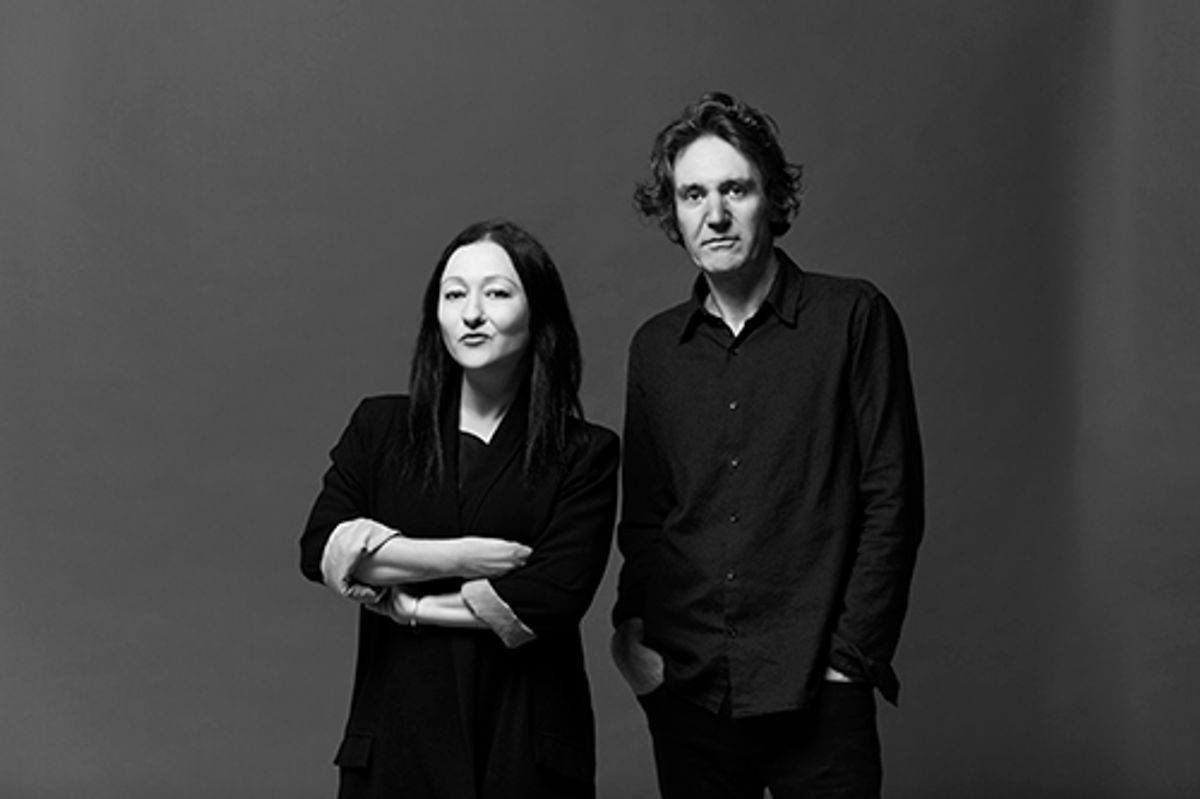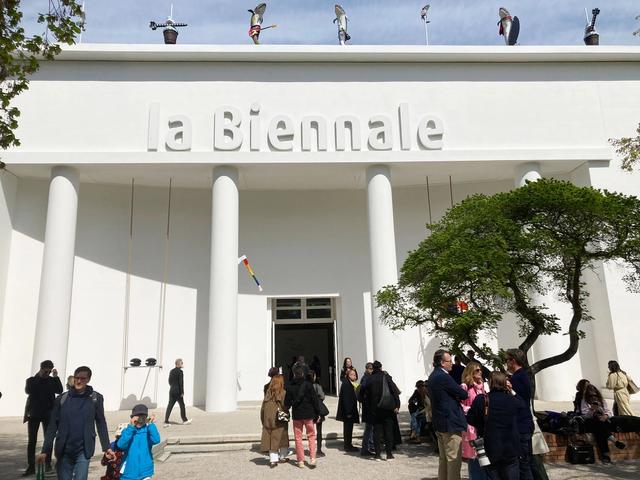When Marco Fusinato returns to the Veneto region of Italy for the Venice Biennale, some people are bound to cry. They always do when they hear him speak Bellunese.
The Bellunese language is all but dead in Italy. But Fusinato, representing Australia at the Biennale, speaks it well.
Fusinato’s parents were “contadini” who worked the land with donkeys in a village 100km north of Venice. They migrated to Australia in 1960, and their artist son was born four years later.
“In my lifetime, [my parents’] language is disappearing,” Fusinato said at a briefing on 24 February in Sydney before he leaves for Venice on 16 March.
“When I return [to the Veneto], it’s like I’m something from the past,” he said. “Taxi drivers would tear up over the language.”
Fusinato’s work for the Australian pavilion in Venice is a durational performance piece titled Desastres. From Tuesday to Sunday all day throughout the Biennale, Fusinato will play a guitar in the pavilion, triggering sounds of “discordant intensity” and a cascade of projected imagery sourced from the internet.
The images, dropping at a rate of up to 60 per second, show everything from scenes of warfare to a dog squatting to defecate. They have no real theme and leave the audience to form their own narrative, Fusinato said.
The artist and his curator, Alexie Glass-Kantor, are at peace with their stated belief that most people will not like Desastres.
"There's an assumption that an artist makes work to be liked, and I find that absurd,” Fusinato said.
In his lifetime, the gallery had gone from a place of contemplation to a place of entertainment, he said.
"A lot of older people get pissed off that that has happened, but I want to amplify that and play with it,” he said.
“I want to saturate the audience with spectacle and make them feel something.”
Fustinato performs regularly in the experimental music underground, primarily as a solo artist. Fittingly, an LP will be made of the music for Desastres.



